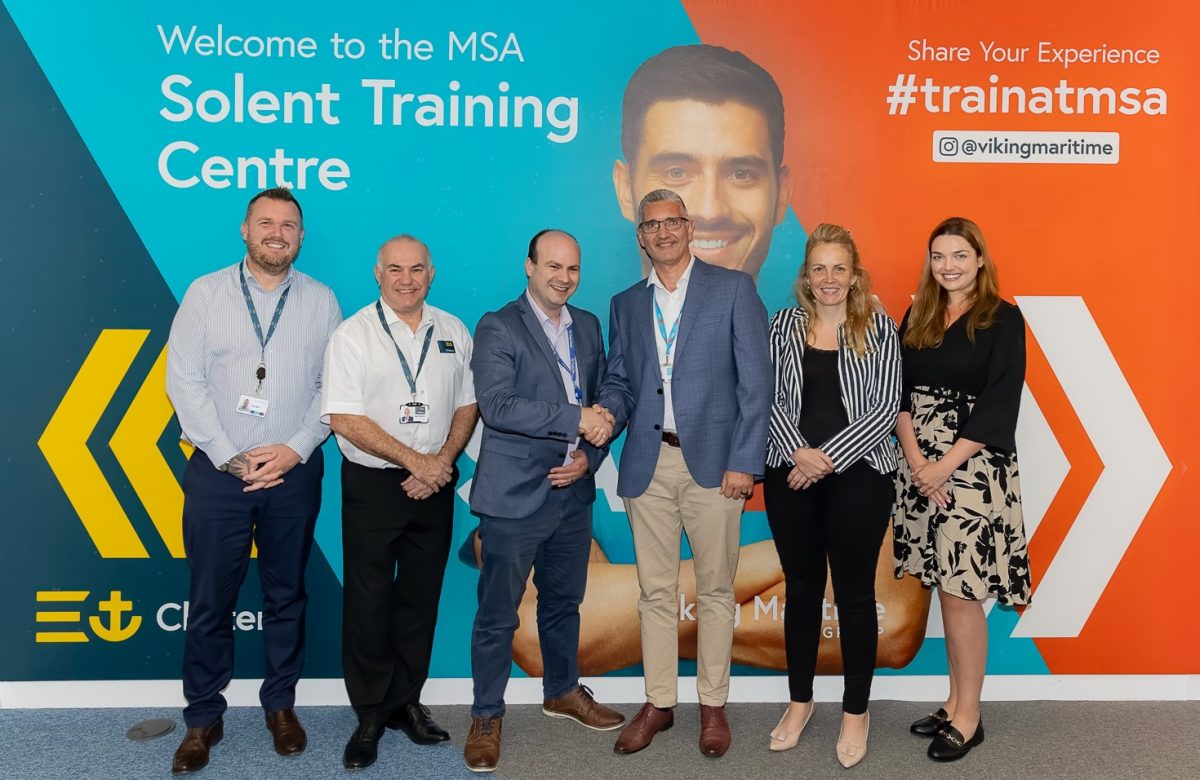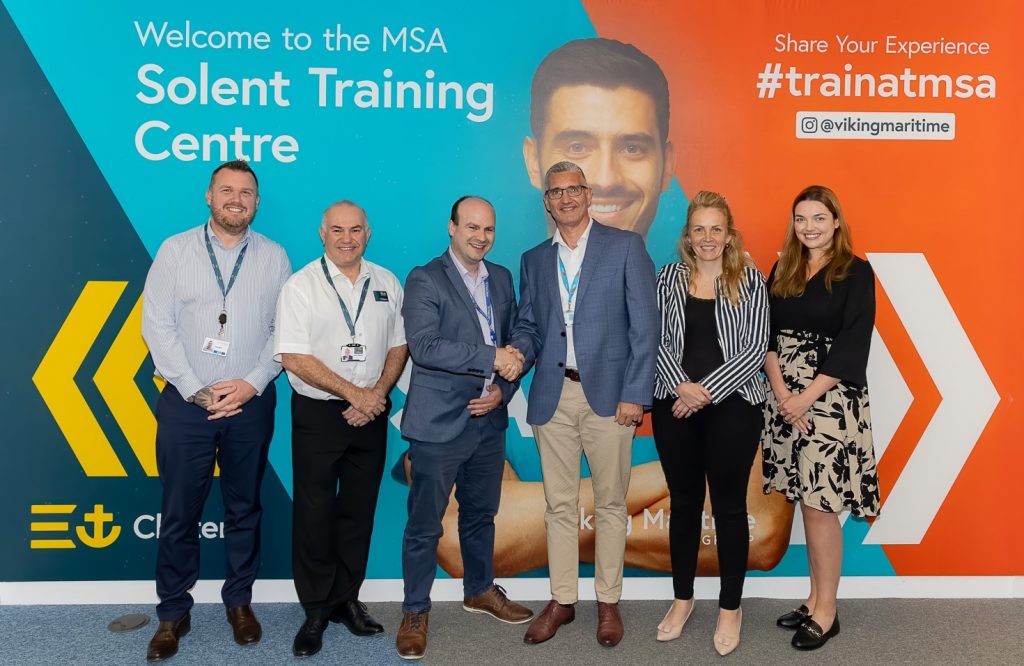In the dynamic world of maritime education and training, ensuring the competency of instructors is crucial not only for the success of individual seafarers but also for the safety and efficiency of the entire maritime industry. The International Maritime Organization (IMO), recognising this necessity, has developed the Model Course on Training of Trainers to equip maritime professionals with the skills and knowledge necessary to excel as educators. This blog delves into why the IMO Model Course is indispensable for maritime professionals in teaching roles at training centres or onboard ships.
Ensuring Compliance and Standardisation
One of the primary reasons the IMO Model Course is so significant is its role in establishing global standards and ensuring compliance with international regulations. Maritime training institutes and onboard training programs must adhere to these standards to guarantee that seafarers receive consistent, high-quality instruction regardless of their location or the institution where they receive their training. By implementing the IMO Model Course, trainers gain a comprehensive understanding of the methodologies, content, and evaluation criteria essential to effective maritime education.

Enhancing Teaching Skills
Teaching in the maritime sector demands a unique set of skills due to the complex nature of maritime operations and the diverse backgrounds of seafarers. The IMO Model Course empowers trainers with specialised training techniques tailored to the maritime environment. This includes effective communication strategies, practical demonstration skills, and the proficiency to create engaging and relevant training materials. Such skills not only improve the learning experience for seafarers but also contribute to the overall effectiveness of maritime education programs, instilling a sense of confidence and capability in the trainers.
Promoting Safety and Operational Efficiency
Safety is paramount in the maritime industry, and well-trained seafarers are essential to maintaining high safety standards onboard vessels. Trainers who have undergone the IMO Model Course are better equipped to impart critical safety protocols and operational procedures to their students. They can also effectively simulate real-world scenarios, preparing seafarers to handle emergencies and unforeseen situations confidently and competently. This proficiency not only contributes to vessels’ smooth operation but also fosters a sense of shared responsibility and community in enhancing the maritime industry’s overall safety culture.
Supporting Career Development
The IMO Model Course is not just a training program; it’s a personal and professional growth pathway for maritime professionals transitioning into teaching roles. It equips them with the necessary teaching skills and subject matter expertise to excel in their new career endeavours. Moreover, the IMO Model Course certification enhances their credibility within the industry. It opens doors to further maritime education and training opportunities, inspiring them to strive for career excellence.

Fostering Continuous Improvement
The maritime industry constantly evolves, driven by technological advancements, regulatory changes, and new operational challenges. Trainers who undergo the IMO Model Course are encouraged to engage in continuous professional development. They stay abreast of industry trends, update their teaching methodologies, and incorporate the latest best practices into their training programs. This commitment to continuous improvement ensures that maritime education remains relevant, effective, and responsive to the evolving needs of the industry.
In conclusion, the IMO Model Course on training the trainers plays a pivotal role in shaping the competence and professionalism of maritime instructors worldwide. By equipping trainers with standardised methodologies, specialised skills, and a commitment to safety and excellence, the IMO Model Course not only enhances the learning experience for seafarers but also contributes to the overall safety and efficiency of maritime operations. As the maritime industry evolves, well-trained and knowledgeable instructors are essential, making the IMO Model Course an indispensable asset for maritime professionals in teaching roles both ashore and at sea.
To find out more about the Train The Trainer course and available dates at the Maritime Skills Academy, click here.



